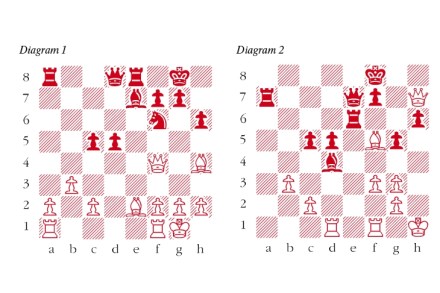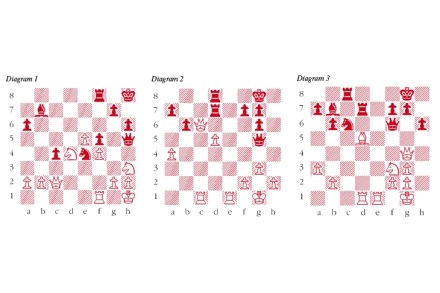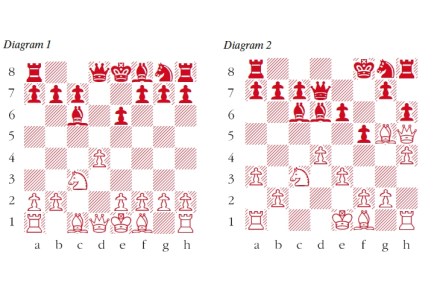Bunratty | 1 March 2018
This year’s tournament at Bunratty in Ireland was the celebratory 25th in the series and I was invited to deliver the closing peroration. The competition was particularly stiff on this occasion, with British champion Gawain Jones sharing first prize with grandmaster Sergey Tiviakov, ahead of Nigel Short, Jon Speelman, Luke McShane and a host of other





















